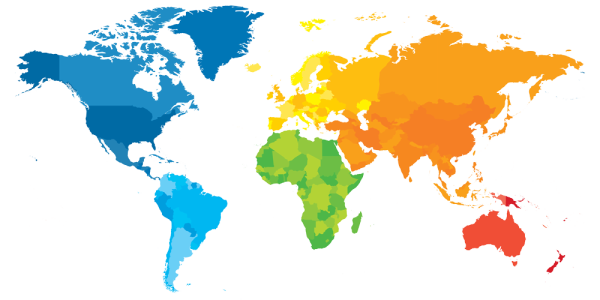
Like all sciences, neuroscience is collaborative. New Zealand researchers make an important contribution to the global effort to better understand the brain, and to develop better treatments for neurological disorders.
Here is some of the traumatic brain injury (TBI) research taking place globally that we are keeping an eye on.
(Please note the Neurological Foundation doesn’t contribute funding to any of these projects):
USA
- Researchers have trialled a novel drug, zuranolone, as a treatment for postpartum depression (PPD). They found it reduced depressive symptoms as early as three days after beginning treatment. This trial
demonstrated zuranolone could be used as a rapidly acting treatment for PPD, potentially increasing the wellbeing of mothers and their infants.
Canada
University of Alberta
- Preterm infants are at a greater risk of a lack of oxygen to the brain, known as asphyxia, following birth. Current recommendations for treatment vary greatly, leaving clinicians in a challenging position
if resuscitation is needed. Researchers from the University of Alberta are leading a large multi-centre international trial (HiLo) looking at how much oxygen to give, and assessing brain development of these infants later in life. This trial will provide the evidence that doctors need to confidently treat preterm infants with asphyxia for the best possible outcomes.
Norway
Oslo University Hospital
- Could a supplement be used to tackle delayed brain development in premature babies? Researchers from Oslo University Hospital are investigating the benefit of a supplement made up of arachidonic acid (ARA) and docosahexaenoic acid (DHA) to aid brain development in
preterm infants. ARA and DHA are crucial components for brain cells and would normally be supplied through the placenta. This study has shown the treatment improves maturation of neural tracts and could support brain development in these babies.
Australia
Sydney Children’s Hospital Network
- Research into spinal muscular atrophy (SMA)has led to excellent new
therapies. However, like many neurological conditions, early diagnosis and access to therapies is crucial for effective treatment. Sydney Children’s Hospital Network has tested the feasibility of newborn screening for SMA. They found that not only was this testing effective at detecting SMA, but early treatment had also significantly reduced symptoms and associated health issues for those children later in life.
References
USA
Researchers have trialled a novel drug, zuranolone, as a treatment for postpartum depression (PPD).
https://pubmed.ncbi.nlm.nih.gov/36773828/
Canada
Preterm infants are at a greater risk of a lack of oxygen to the brain, known as asphyxia, following birth.
https://www.nature.com/articles/s41598-023-46945-9
Norway
Could a supplement be used to tackle delayed brain development in premature babies?
https://www.nature.com/articles/s41467-021-23311-9
Australia
Research into spinal muscular atrophy (SMA) has led to excellent new therapies.


